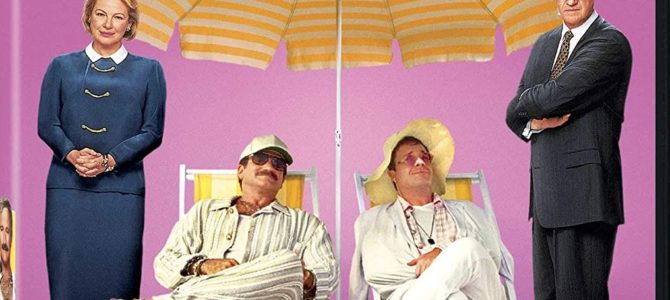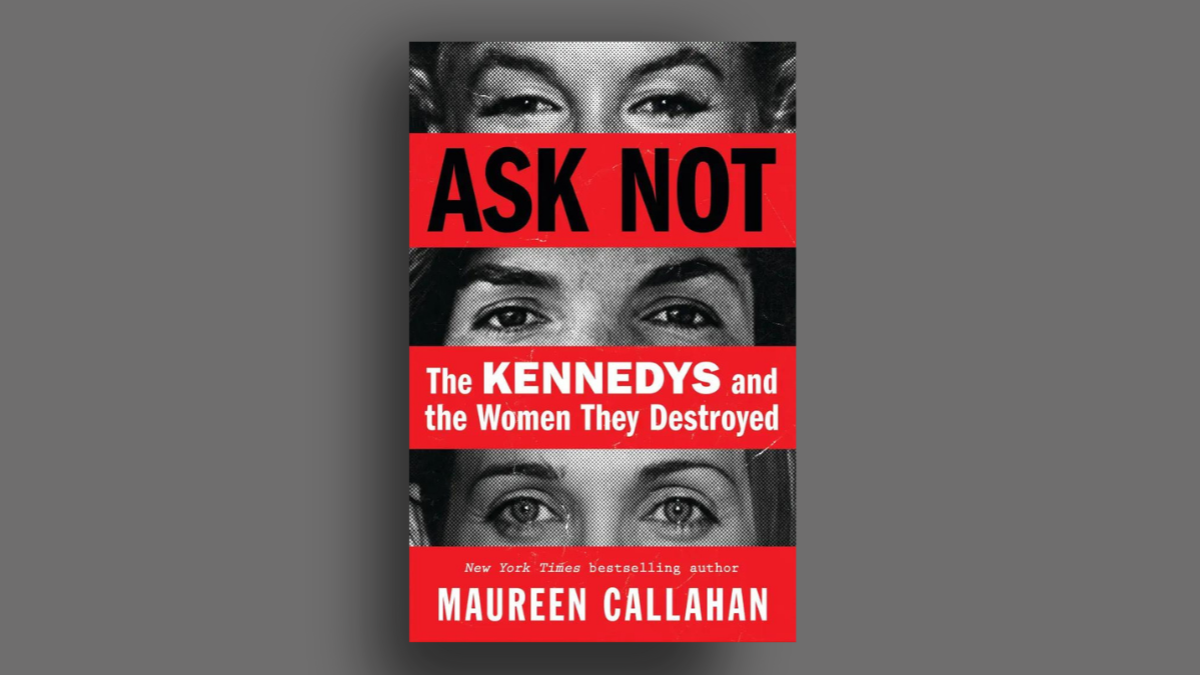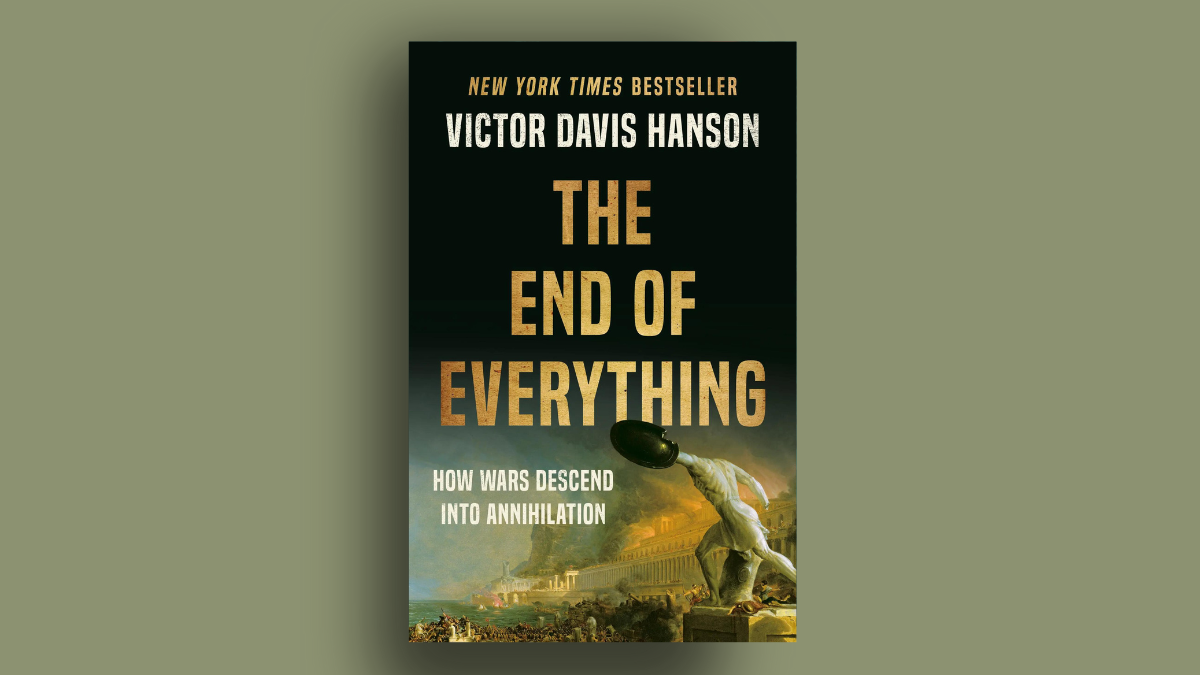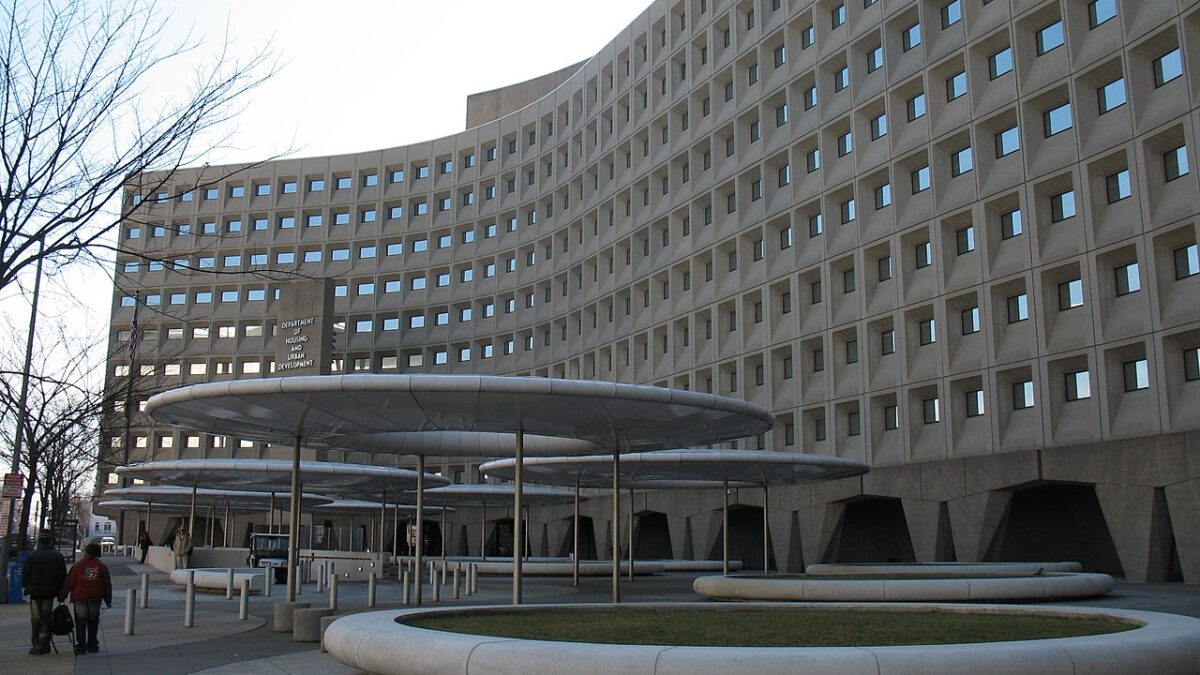
Conan O’Brien did his final late night show last week, after 28 years on air. He’s stepping away at the right time. Whether you liked his comedic style or not, he really was trying to make people laugh.
When was the last time you watched “The Late Show” in order to laugh? That’s a trick question — nobody who watches Stephen Colbert is laughing. Laughter is entirely beside the point; Colbert’s show is political catechism in nightly hour-long installments.
One of Colbert’s masterworks in June was a song “parody” titled “500 Vials,” which didn’t even have a joke — it was just telling everyone to get the vaccine. It may be the least funny video ever created, and after the female-empowerment version of “Ghostbusters,” that can’t be said lightly (but remember: Anyone who didn’t laugh is sexist).
Increasingly, though, Colbert is the norm for late-night shows. For four years, limited big-tent political comedy got replaced by an aggressive churn of anti-Donald Trump “Resistance” theater barely papered over by jokes.
Some have just about given up the ghost entirely: John Oliver’s “Last Week Tonight” is pretty much nothing but lectures on what a liberal is supposed to be mad about this week.
And remember “The Daily Show”? While certainly steeped in sarcastic vitriol, it’s impossible to say it’s been relevant since Trevor Noah took the reins nearly six years ago.
It didn’t use to be like this. This year marks the 25th anniversary of “The Birdcage,” an absolute masterpiece of comedy. If you haven’t seen it (and you should), it tells the story of a socially conservative Republican senator whose political ally dies embroiled in scandal.
Meanwhile, the senator’s teenage daughter wants to marry her college boyfriend and dad is having none of that until he realizes an old-fashioned wedding is just what “the country” (read: his political career) needs. But there’s something he’s not yet aware of: The young man’s father lives in South Beach with his boyfriend — above a famous drag club he owns.
At the hard-pushed, and pretty painful, insistence of the young suitor, his actor-turned-director dad needs to come up with a plan to appear straight for just one evening. Hilarity ensues, as does some heartbreak, real human moments, hurt feelings, and tough truths for every character involved.
And just in case anyone thought, “Well, maybe this movie could still be made today,” a straight Robin Williams plays a gay man, and a gay Nathan Lane (who was then closeted) plays a cross-dresser who, Robin Williams insists, is still actually a dude. Hank Azaria — the straight, American, Jewish genius of “The Simpsons” — plays a flamboyantly gay Guatemalan immigrant, or as he says, “a Huatemelan” son of a shaman and a high priestess who came to America “for a cah-rerrr.” Gene Hackman plays a bigoted old Moral Majority senator, but like every character in the movie, is played wonderfully — and shown as a vulnerable and human person as well.
Now seriously, could this be made today? Sure, we know that Robin Williams’ movie “Mrs. Doubtfire” couldn’t be made now (although it is hysterical) nor could a number of others, but the sad thing about “The Birdcage” is it is an important comedy because it made fun of everyone — and by doing so, it humanized everyone.
No one in that house at the fateful dinner party was comfortable, but they were all vulnerable and they were all people. This is something that we miss when we ban funny and offensive comedy. And while my own grandfather, Papa, a conservative man, nearly fell out of his chair laughing during “The Birdcage,” it was indeed offensive comedy.
What’s happened since then? Azaria has publicly admitted he wouldn’t play the iconic part again. He’s also apologized for voicing “The Simpson’s” Apu, an incredibly human character who in nearly every episode proves himself to be a better man than the crazies who occupy Springfield.
Jimmy Kimmel, who long ago ceased to be funny but once actually hosted a show with Adam Corolla called “The Man Show,” issued a tearful apology for wearing blackface during his absolutely hysterical Karl Malone — or as he said, “Koll Milone” — impressions. Kimmel was lucky to survive the incident: He’s still hosting his show. Last year, The Washington Post destroyed a poor woman’s life because, two years earlier, trying to be funny, she had dressed up as Megyn Kelly in blackface for a Halloween party. She had to be executed.
But back to jokes. Forget about being allowed to actually make “Blazing Saddles,” no one is even allowed to watch it today without looking over both shoulders and closing the blinds. In the film, there are jokes about incredibly adult matters: Hate and racism, women versus men, Chinese people, black people, American Indians, the Irish!, murder, and even rape. Based on that description, why would it be funny? Why wouldn’t we cancel every single participant in that atrocity?
Because it was funny, and it made fun of us — every single one of us. It made fun of our weaknesses and our pride, and in the end, the good guys and the bad guys were clear. And even in 1974 we knew “Blazing Saddles” was offensive comedy. It was completely forbidden to joke like that, and that’s part of why it is so funny in the first place.
Some comedies went a lot deeper than “Blazing Saddles” (if you can believe it…). In some comedies, even the people lampooned who you traditionally hated came out as human in the end. And that’s okay, because shockingly enough, all of the people we don’t like actually are real human beings.
There’s a problem in all of this, and it isn’t just evident in how awful “Saturday Night Live” and the rest of late-night television has become. We’re increasingly a society unable to take a joke — or even tell one. Real humor requires risk-taking — it requires saying something that will surprise and, sometimes, appall the listener. So why should we be surprised that humor is vanishing?
People aren’t dumb. They’ve looked around, and they see that telling the wrong joke — or even simply laughing at one — is a quick way to destroy your life; better to just suffer in silence and watch old Eddie Murphy clips from the 1980s like they’re banned readings in the Soviet Union, which, soon, they might well be.
Most of the funniest comedy today comes from anonymous people online — the people who make internet memes and run anonymous Twitter accounts. Think about that: Random idiots on the internet are way funnier than professional comedians paid millions of dollars a year for one simple reason — only anonymous people can actually be funny without fear.
There’s a line in George Orwell’s “1984,” when he’s being tortured by O’Brien inside the Ministry of Love (which is darkly funny in itself). O’Brien explains the sickening world that the Party has created:
In our world there will be no emotions except fear, rage, triumph, and self-abasement. Everything else we shall destroy — everything. … We have cut the links between child and parent, and between man and man, and between man and woman. No one dares trust a wife or a child or a friend any longer. In the future there will be no wives and no friends … There will be no laughter, except the laugh of triumph over a defeated enemy. … Always, at every moment, there will be the thrill of victory, the sensation of trampling on an enemy who is helpless.
Sounds awful — and this is the world we are voluntarily imprisoning ourselves in. It’s a world where joy and laughter are sinister and suspicious acts, where every private word could be the fodder for a cancellation frenzy
We can’t even laugh at ourselves anymore, and guess what? We hate each other. Maybe we always did, but every honest funny person knows that good humor is also aggression — and the reason men don’t kill each other more often. We can speak a lot of truth if the others know they can laugh at the end instead of feeling cornered or attacked.
In truth, we can’t speak a lot of troublesome truths without a joke attached unless we want to make a lot of enemies — and that may be just why the same people who are trying to divide us by race and sex don’t want us to bond over a good joke any longer.









